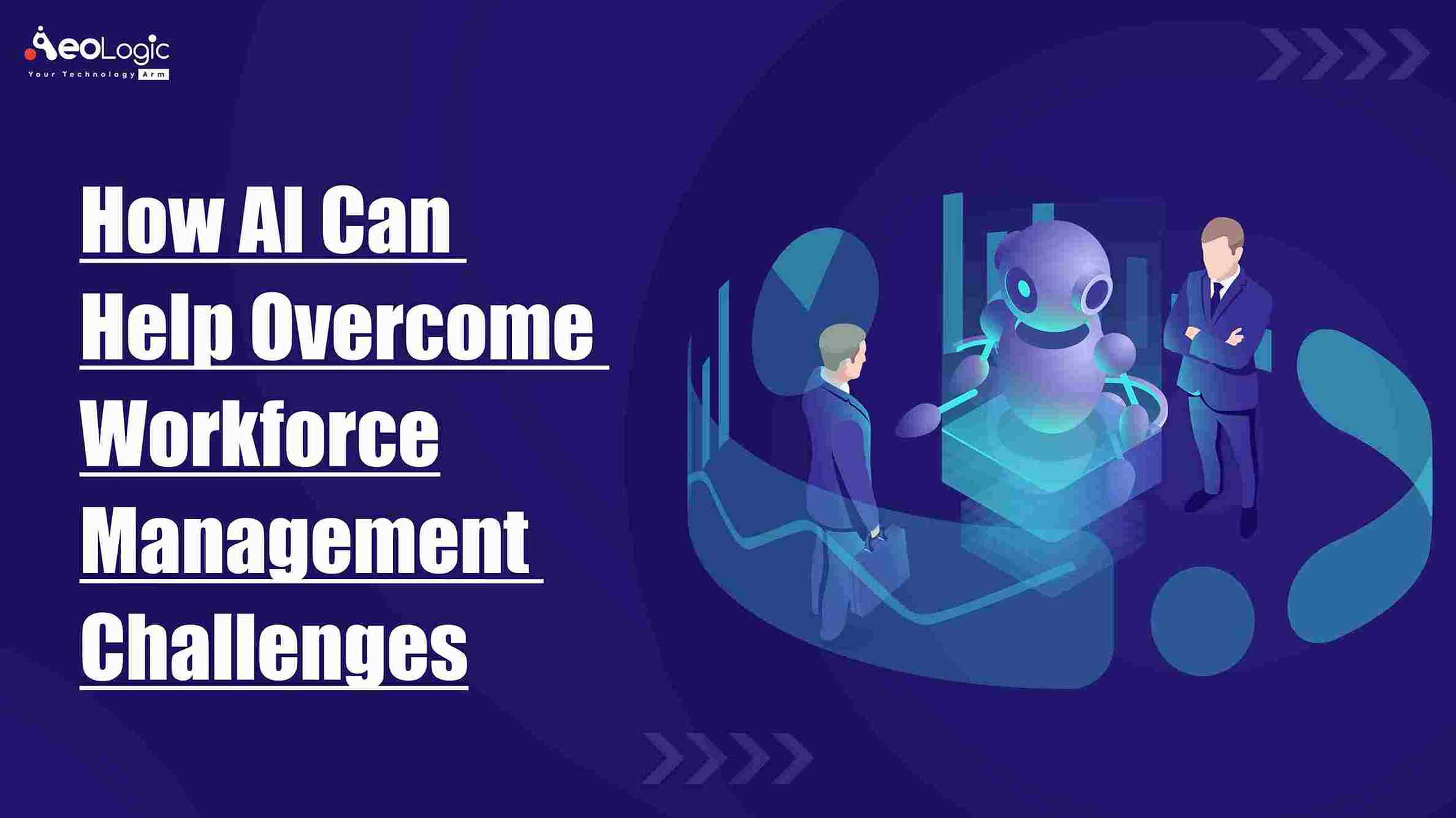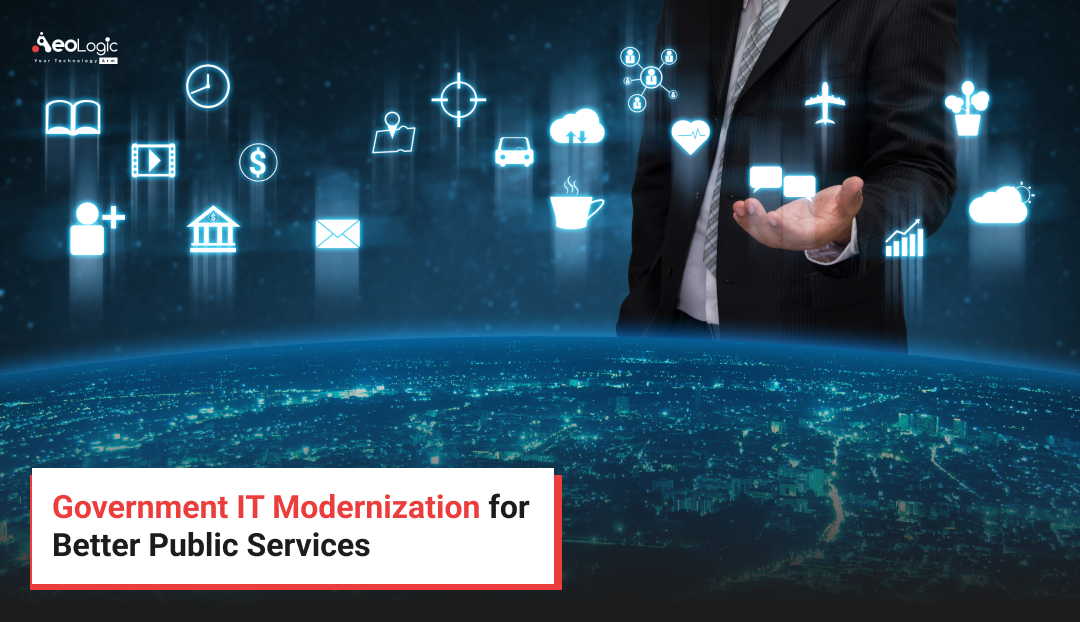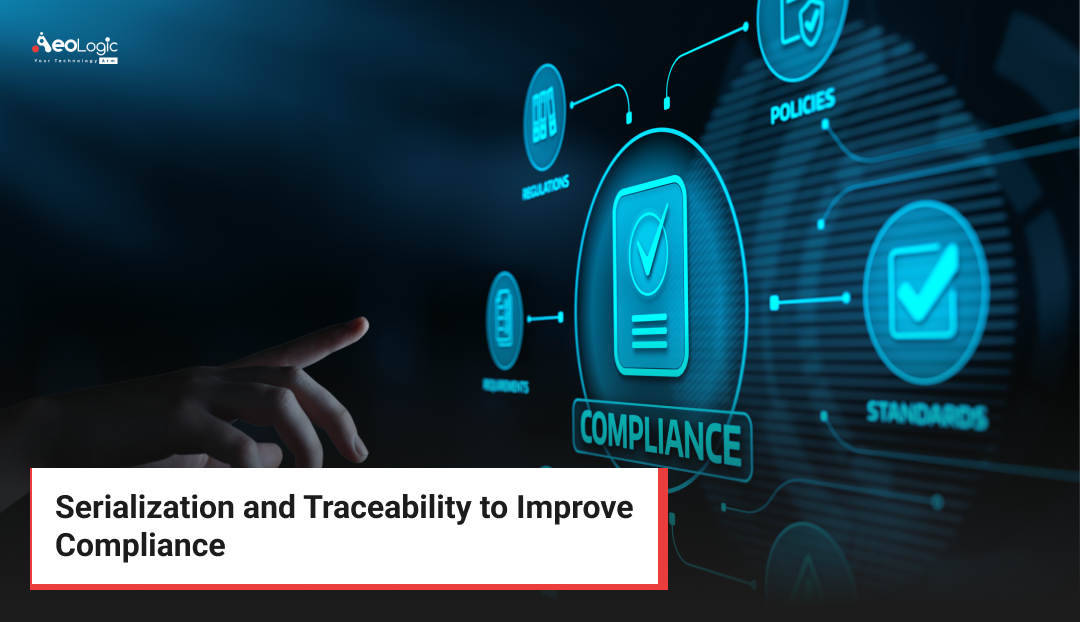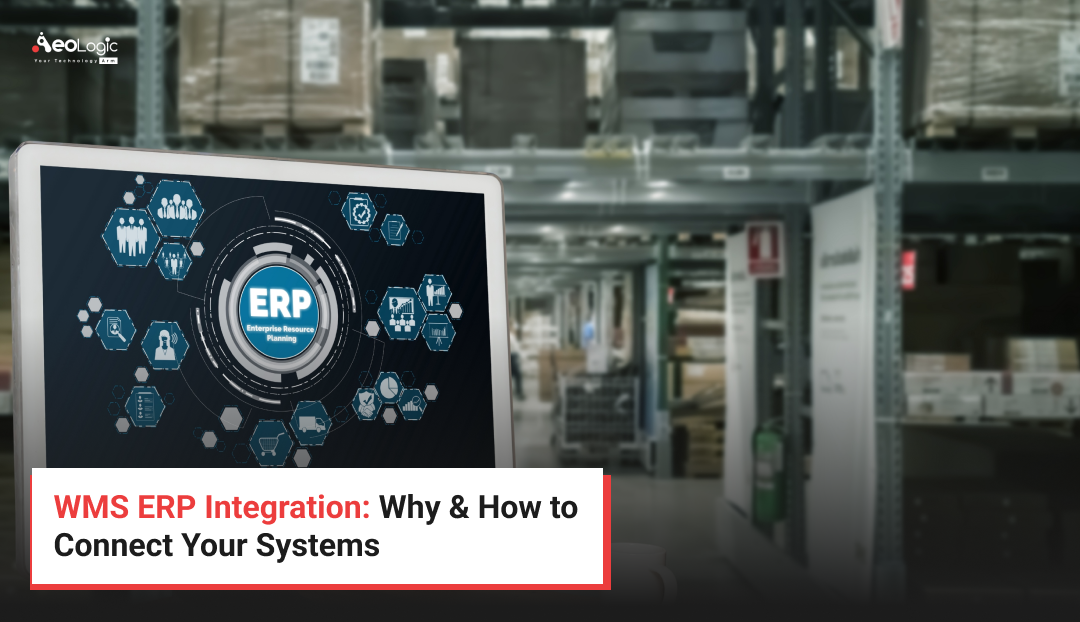Managing a workforce has never been simpler. Unfortunately, it is only becoming much more complicated in the past couple of years with the increasing hybrid digital work models and the gig economy. Compounding these challenges is the increasing employee turnover as more and more people are continuing to leave their jobs in search of higher wages, flexibility, and benefits. Artificial Intelligence AI in workforce management challenges will be helping in solving the challenges.
For solving these AI in workforce management challenges and enabling more intelligent management of their workforce, organizations today are looking at artificial intelligence (AI) and related technologies. It is because the benefits that AI is bringing to a modern organization are considerable, creating it worth the investment. In fact, with the latest advances in AI technology, AI is now not only decreasing manual effort but also actively engaging the modern workforce.
Also read: Role of Artificial Intelligence in Disaster Risk Management
The Importance of AI in Workforce Management Challenges
Over the past couple of years, organizations across the world are realizing the importance of the growing digital demands of running a business. Furthermore, modern workers are no longer content with the status quo. They are progressively in favor of accelerated digital transformation initiatives. That are enabling them to work remotely. And enhance and empower better employee experiences.
The 2022 Gartner CIO and Technology Executive Survey have revealed that 48% of CIOs have already installed artificial intelligence and machine learning (ML) solutions or are planning to do so during the next twelve months.
AI in workforce management challenges is playing a pivotal role in ensuring these outcomes. And one of the major advantages of incorporating AI in workforce management challenges tools is that it helps in automating a wide range of tasks and activities like scheduling, budgeting, payroll, employee development, compliance, and more.
Here are a few points which elaborate on how AI in workforce management challenges is helping organizations to overcome unconventional challenges.
1. Accurately Determining Resource Demands
In any organization, managers and leaders are rarely having the time to focus on building accurate employee schedules, leading to several challenges. This is resulting in over and under-allocation of tasks and activities, leading to issues like wasted work hours, burnout, or delays in completing tasks, all of which could have been easily prevented with accurate scheduling.
Therefore, overcoming these challenges are requiring strategic scheduling that considers the labor demands for each task or activity. It is also imperative to evaluate the effect of unplanned time off on the schedule. This is becoming easier with a workforce management solution that is leveraging artificial intelligence.
2. Enhancing Skill Utilization
Employees are usually having a variety of skills. To make the most of their employees’ talent, managers must be ensuring optimal utilization of their skills. However, traditional resource management methods are often not able to properly leverage the skills and time of employees to get work performed.
Here, AI in workforce management challenges is helping in predictive analytics solutions that are allowing managers to determine the most efficient allocation of resources across tasks and activities based on skill demands and time requirements. Therefore, when combined with an automation tool, managers will easily be able to avoid situations like miscalculating resource requirements based on hunches and gut decisions.
3. Optimizing Resourcing Costs
For any organization, it is important to keep costs to a minimum to maximize the profitability of any project. Unfortunately, resources and time are the most significant cost components of any project. Therefore, managers must be able to strike a fine balance between having resources available for a project and the timelines required for completing it. This is requiring a thorough understanding of contracts, skills, availability, and other factors.
An AI-enabled professional services automation solution will be making it easier to match resources with demand while meeting all requisite cost and time criteria. As a consequence, managers can quickly assign the right resources with the appropriate costs to projects to get the work executed on time and within budget. Hence, this is ensuring timely deliveries. And allowing the organization to save money on time and effort that would have otherwise been wasted.
4. Improving Workforce Productivity
Workforce productivity is an important metric for any organization as it is directly connected to project delivery and revenue. As such, organizations must do what is important to enhance the overall productivity levels of their workforce. Furthermore, employees with more flexibility in their schedules and are assigned work per their preferences tend to be more productive and efficient.
AI in workforce management challenges will be offering solutions that will be playing a pivotal role in improving productivity. These solutions will be helping in preventing sudden schedule changes and account for skills and qualifications when allocating resources to tasks. All of these capabilities are positively affecting employee morale and productivity levels, benefiting the organization in the long run.
5. Lowering Employee Turnover
Organizations are combining flexible scheduling with strategic workforce planning by using AI-based workforce management solutions. This is allowing employees to work as efficiently as possible and, that too, as per their preferences. For instance, managers will be ensuring their employees get to work shifts they would like. Hence making sure that each employee gets enough time off, and so on.
Therefore, employees will be gaining the ability to swap shifts or take time off as needed without impacting an e organization’s ability to deliver on its projects. In addition, optimizing work schedules with artificial intelligence is offering higher flexibility. Enabling employees to be more engaged and satisfied with their jobs. As an outcome, they are less likely to quit an organization searching for new jobs, leading to lower turnover numbers.
6. Conducting Fair Performance Evaluations
Artificial intelligence can be of immense utilization in several aspects of workforce management beyond mere employee scheduling. As these solutions are powerful enough to analyze huge amounts of data, they can be pretty useful in performance evaluations. These solutions are providing accurate insights into employee performance, allowing managers to assess their workforce fairly.
As you may be aware, bias is one of the biggest issues with employee performance assessments. Building AI-based solutions is the better choice. A major advantage of using AI in performance evaluation is that these solutions are helping in reducing subjectivity and eliminate bias. AI in workforce management challenges is leveraging real and complete data for generating insights into performance. In addition, since AI is governing the entire process, the review process is entirely transparent and objective. Leaving no room for personal biases of managers and supervisors.
Also read: How Artificial Intelligence is Transforming Education
Conclusion
All of these statistics are underlining the increasing importance of AI-powered tools in modern workforce management. Using AI for driving strategic management of your employees can boost overall efficiency. While allowing organizations to stay on the right track.
Contact us for elevating your business!
FAQs
How does AI help the workforce?
Businesses are incorporating artificial intelligence for improving the productivity of their employees. One of the major benefits of AI for business is that it helps in handling repetitive tasks across an organization so that employees can focus on creative solutions, complex problem-solving, and impactful and efficient work.
How AI is transforming the workforce?
As part of this trend, AI is frequently utilized in decision-making processes in the workplace regarding employees and candidates. In what is usually termed “algorithm management.” One such integration is in decision-making processes in the workplace about candidates. And their suitability for a given position.






